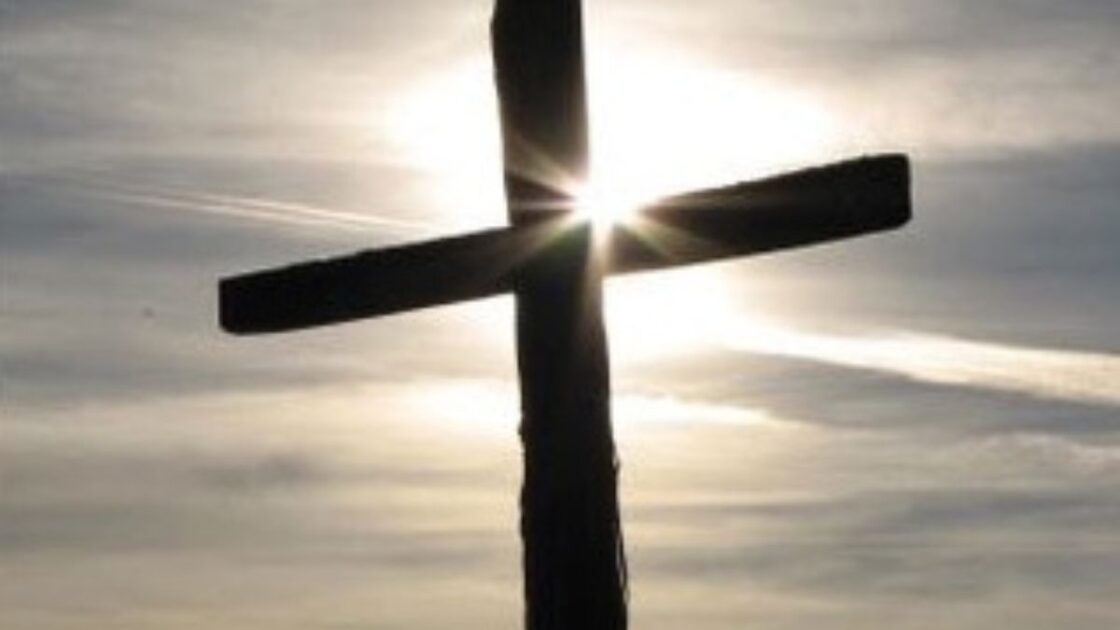Politics

As millions of Americans prepare for the start of spring and all that comes with it, many are preparing for one of the biggest Christian holidays on the calendar. Easter brings with it fun family activities like egg rolls, Easter egg hunts, and copious amounts of chocolates.
For the most devout families, it’s a time to celebrate the resurrection of Jesus Christ, and even those Christians who don’t regularly attend church don their new Easter clothes to head to a local place of worship to celebrate the culmination of the holiday. Holy Week. However, in recent years, trends have indicated that American Christians may find themselves in a minority in the United States for the first time in history.
Let’s take a closer look at the numbers.
Christians: Losing our religion?
In the 1990s, about 90 percent of U.S. adults were Christian, compared to today, when only about two-thirds of U.S. adults identify as Christian. Experts say the United States is on track to have fewer than half of Americans identify as Christian by the mid-2030s.
Additionally, the percentage of Americans who consider themselves regular members of a house of worship fell below 50% in 2020, notably the first time in eight decades of measuring the statistic by the Gallup poll. That year, the percentage of Americans who were regular members of a house of worship was 47 percent compared to the first year Gallup reported the percentage in 1937, when it was 73 percent.
RELATED: Politico Reporter apologizes for comments on Christian nationalism
These numbers may not seem alarming to some of us who live in a rural part of the country or who don’t have the kind of program that allows for regular church patronage. However, when you dig into the statistics, things don’t look so good for religion as a whole.
In 2020, the percentage of Americans who said they had no religious preference was 21%, up sharply from just 20 years earlier, when only 8% of Americans said they had no religious affiliation. Do these numbers indicate that our nation, once founded on the principles of Christianity and the concept that rights are bestowed upon humanity by our divine creator, is heading for a decline into godlessness?
The labels are of the latest generation
The data tells a story that could be seen as rather bleak for Christianity and pastors across the country. A Pew Research Center study found that about 30% of Americans are considered “nones,” which includes a mix of atheists, agnostics, or the predominant “nothing in particular” crowd.
This group of “nones” is not necessarily anti-God or anti-religion. In fact, the study found that most “nones” believe in God or some form of higher power, but don’t attend services.
Most “nones” believe that religion can sometimes cause harm to society, but they also recognize that religion can and does do good for society. Nonetheless, many “nobodies,” while generally supportive of science, will admit that there are some things in this world that science cannot explain.
RELATED: Trump prays with Rev. Franklin Graham at the southern border
It would seem that, at least for the majority of the 30% of “nones,” the problem is not with God but even more so with God’s man-made and man-run institutions. Another statistic that points to this intriguing divide between the typical parishioner and believers in God comes from the difference between those who consider themselves spiritual and religious.
The Pew Research Center found that 41% of Americans admit to having become more spiritual lately, versus only 24% who say they have become more religious.
Something is missing?
I was not raised in a religious or spiritual home. My maternal grandparents went to church, but I can count on one hand the number of times I attended services as a child.
It wasn’t until I joined the military that I became more spiritual, as facing the possibility of death is often a catalyst for a desire to be closer to a higher power. I have always believed in God and still do, but my connection to faith and church has evolved through my lived experiences.
In my 30s, when I became a mother, I became more religious. I longed for a connection with a community that shared my beliefs and values, which is a large part of what it means to go to a place of worship.
I firmly believe that I don’t need a set location to have an audience with God; I talk to him daily and often all day. But coming together with like-minded Christians and sharing our faith in Him and our daily struggle to be less sinful is a special component of society at large and something the United States should be mindful not to lose.
